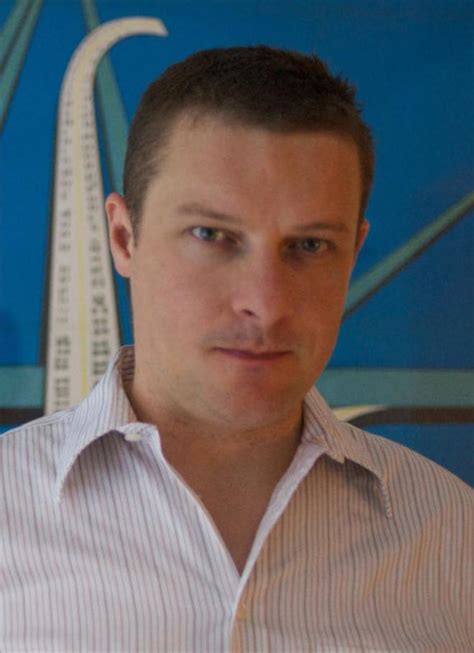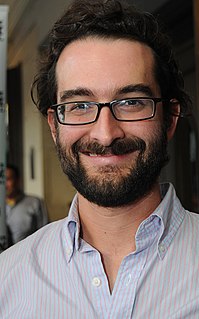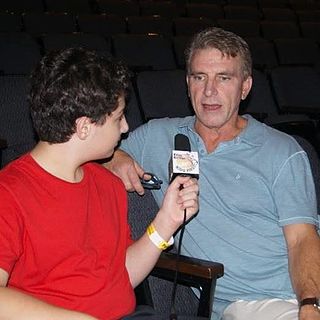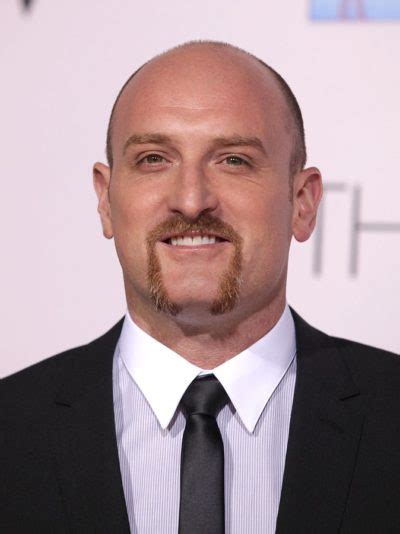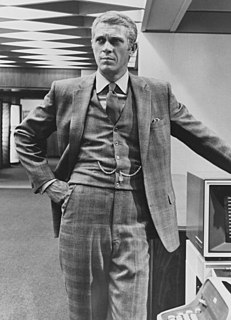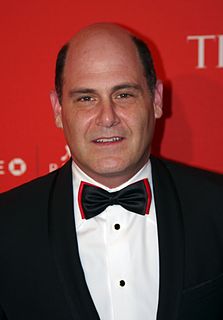A Quote by Glenn McQuaid
The relationship with actor and director is probably closer to theater, in that, when we record the dialogue, there is very little in the way of the creative collaboration - no cameras, lighting or even locations. Then, once we record, the post process is very similar to the post flow in filmmaking - editing, sound design, mixing, etc. At the end of the day, it's all about storytelling and honing in on a tone by developing a rhythm and structure that suits the storytelling.
Quote Topics
About
Actor
Cameras
Closer
Collaboration
Creative
Creative Collaboration
Day
Design
Developing
Dialogue
Director
Editing
End
End Of The Day
Etc
Even
Filmmaking
Flow
Honing
Lighting
Little
Locations
Mixing
Once
Post
Process
Record
Relationship
Rhythm
Similar
Sound
Sound Design
Storytelling
Structure
Suits
The End Of The Day
Theater
Then
Tone
Very
Way
Related Quotes
I try to listen to a lot of music when I'm in the mixing process of a record, when I'm in post-production and trying to get everything to sound a certain way. During the writing process, I tend not to listen to too much music. I obviously wear a lot of influences on my sleeve, but if I was listening to too many records, I would turn into too much of a monkey.
All three parts of filmmaking [writing, shooting, editing] contribute to rhytm. You want the script to be a tight as possible, you want the acting to be as efficient as possible on the set, and you have enough coverage to manipulate the rhythm in the editing room, and then in the editing room you want to find the quickest possible version, even if it's a leisurely paced film. I definitely in filmmaking more and more find writing and directing a means to harvest material for editing. It's all about editing.
One of the good things is the relationship between director and editor used to be more contentious. Studios used to leave directors alone more during the post production process and now they're clamoring to get in. So, the director and the editor end up teaming up sort of against the studio to fight what they're doing and you lose the creative tension that you used to have between an editor and a director.
Suzanna Collins was very supportive, but we very much wanted her blessing on casting. In production, she visited us once, but she really was not involved in the production process. She's seen the Hunger Games movie twice, in the post-production process, once as an early cut and then once when it was finished.
I struggled with the pressure of having the successful record after the first record. Second album syndrome. I'm living proof; it's very real. It was like a psychological battle to be creative. I used to never feel pressure to be creative; it's always just been a fun thing. And then suddenly it's my job, and people are asking, 'Where's the record?'
